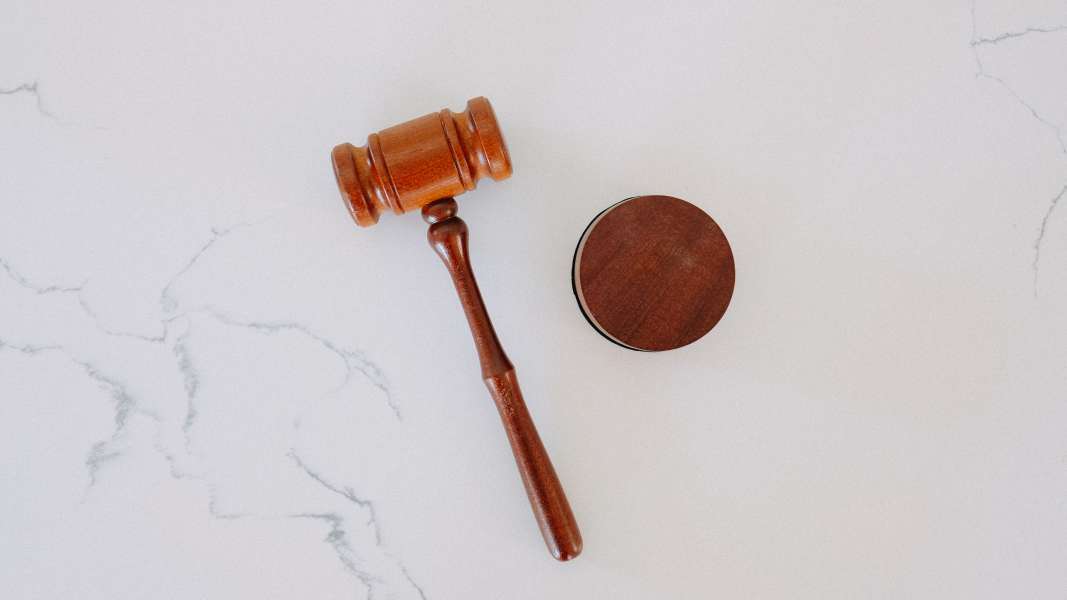What is the Law Situational Judgement Test
The Law Situational Judgement test is used as part of the recruitment process for roles in the law industry.
It is used to test candidates on their ability to solve problems, think critically, and resolve conflicts, as well as their behaviour at work.
Employers use the situational judgement test to put candidates into work-based situations so that they can assess how well the applicant will deal with issues that they might come across in the role that they have applied for - in this case for a position as a solicitor, barrister, or other law-related roles.
The ideal candidate will have the same core values as the employer and will be able to demonstrate the important core competencies and soft skills that are essential to future success in the role.
How to prepare for the Law Situational Judgement Test?
In the Law Situational Judgement Test, you will be presented with different work-based scenarios. These situations are realistic but fictional, and they can be described in a passage of text or through a video or animation.
Each scenario is followed by several possible courses of action that could be taken to solve the presented problem.
Different situational judgement tests require you to choose answers in different ways. These include:
- Choose the most appropriate course of action
- Choose the best and worst courses of action
- Rank each course of action in order of effectiveness
What can make this assessment challenging is that there might be several options that seem to work to solve the problem in different ways, and you have to use your best judgement to decide which would be most appropriate.
To do this effectively, you need to answer as if you were already in the role to demonstrate your work behaviour, but also bear in mind the skills and competencies that the role requires. You can usually find this in the job description.
It is also a good idea to know and understand the company values as this is something that the recruitment team will be looking for in their potential employees and can be assessed in the situational judgement test.
Situational judgement tests tend to be untimed, so you can think about how you would solve the presented problem, but remember that it is almost always best to go with your gut instinct.
The Law Situational Judgement assessment is scored against an ‘ideal candidate’ persona, which is a set of answers that demonstrate the important soft skills, core competencies, and company values that the employer and recruitment team are looking for.
Law Careers
For law graduates, there are a great number of roles that you could go for in the law industry, and all need great situational judgement, critical thinking, decision making, and problem-solving skills. These skills are usually measured early in the application process through the use of situational judgement tests as pre-employment screeners.
Some of the roles you might want to apply for in the law industry include:
- Solicitor: With direct face-to-face contact with clients, the solicitor role is all about providing legal advice and support.
- Arbitrator/Mediator: Working alongside two parties in dispute, this role is about providing neutral support to find a resolution outside of the court.
- Barristers Clerk: Supporting a barrister with administration and business-related duties.
- Company Secretary: Providing support to an organisation not necessarily in the law industry to ensure the business complies with standard legal and financial practice including corporate governance.
- Judge: Usually an experienced barrister, a judge is responsible for hearing evidence, controlling a courtroom, and making an impartial decision. They are also responsible for deciding on an appropriate sentence.
FAQs
How many questions are there in a situational judgement test?
The number of questions that you will face in a situational judgement test depends entirely on the publisher of the assessment, but they are usually relatively short in length (12-15 questions). Each question tends to be a different work-based scenario.
What is a high SJT score?
The scoring for a situational judgement test is based on the comparison of your answers to the ‘ideal candidate’ answers - scoring highly means getting the same answers as the employers are looking for. In this way, there are no right or wrong answers, just the answers that match the needs of the recruitment team.
How can I improve my situational judgement?
Situational judgement can be a challenging skill, but you can improve it by thinking critically and logically about the problem presented and what the best course of action would be to solve it.
Remember that in the situational judgement test you are given work-related scenarios, but aren’t expected to have knowledge or experience of the role, so just answer as honestly as you can, bearing in mind the key competencies for the role you have applied for.
Can I fail a situational judgement test?
If your answers do not match enough of the answers that are considered to be ideal, then you can fail a situational judgement test.
The best way to improve your score is to practice on relevant test materials and know what the role is looking for in a candidate.
Law Situational Judgement Test Tips
Study the types of questions that are likely to be asked
If you can find out which publisher creates the tests that are used by the company you have applied for, you will be able to find relevant practice tests online.
These can help you get used to the types of questions that will be asked and how you will need to answer - whether you are expected to just choose the best action or rank them all based on effectiveness.
Familiarise yourself with the scenarios
In the assessment, make sure that you fully understand what is happening in the scenario. Take the time to read the information given (or watch the animation) a few times, and think about how you would solve the problem before you look at the suggested courses of action.
Taking in all the details of the scenario will help you choose the most appropriate course of action that solves the problem.
Focus on the answers in front of you
As you are looking at the scenario and thinking about what to do about it, you are likely to already have an idea of what the best way to deal with the presented problem is.
However, the answers in front of you might not exactly match up to the course of action that you would want to take.
Make sure that you focus on the answers in front of you when you are making your decision. Sometimes there might not seem to be a ‘right’ answer, and you will be expected to pick the best out of a bad bunch to move on with the assessment.
Stay calm
Taking any type of pre-employment assessment can be nerve-wracking, and the situational judgement test is no different.
Remember that most situational judgement tests are untimed, so you can take your time getting used to the scenario and how best to answer the questions - there is no need to rush.
Panic does not help you to think critically about a problem and will impair your situational judgement skills, so stay calm for the best results.
Research the key competencies the company is looking for
One of the most important things you can do to improve your chances in the situational judgement test - and in the rest of the application process - really know what the company is looking for in a candidate.
There are several ways to get the appropriate information:
- The job description: This is where all the key details about the role should be found, and that will include things like soft skills and required competencies.
- The company website: This is where you will find the company values and its mission.
When you are preparing for the situational judgement test, bear in mind the required soft skills and competencies as well as their values, as this is what the recruitment team will be looking for in your answers.



